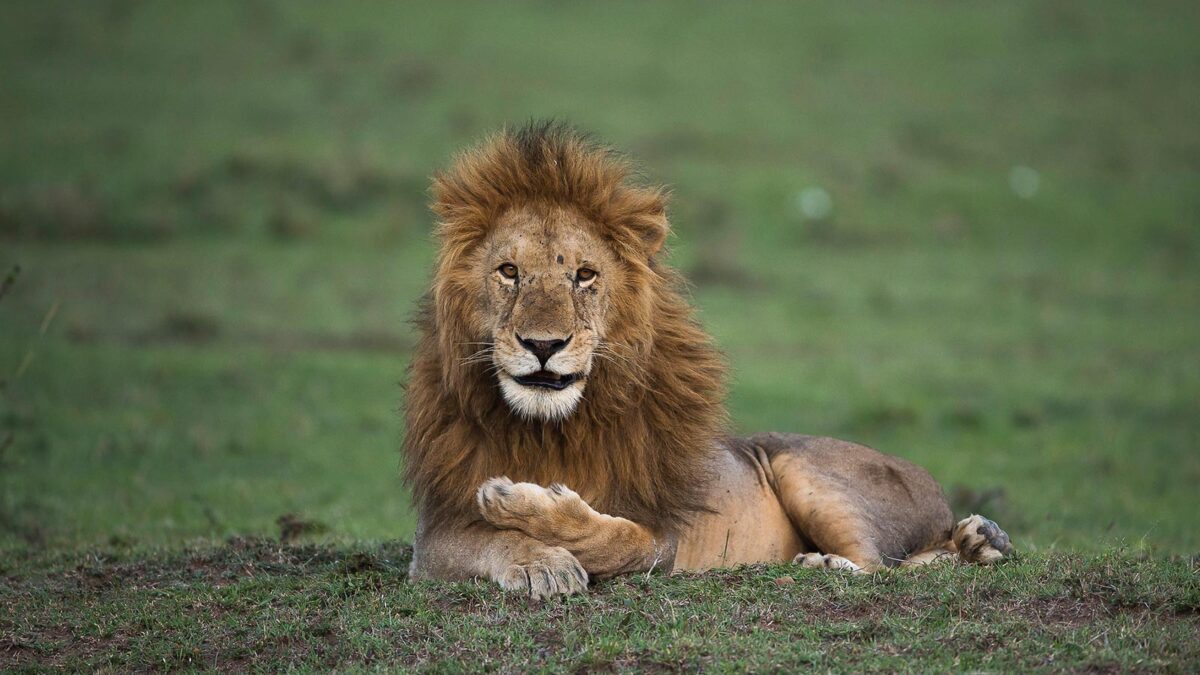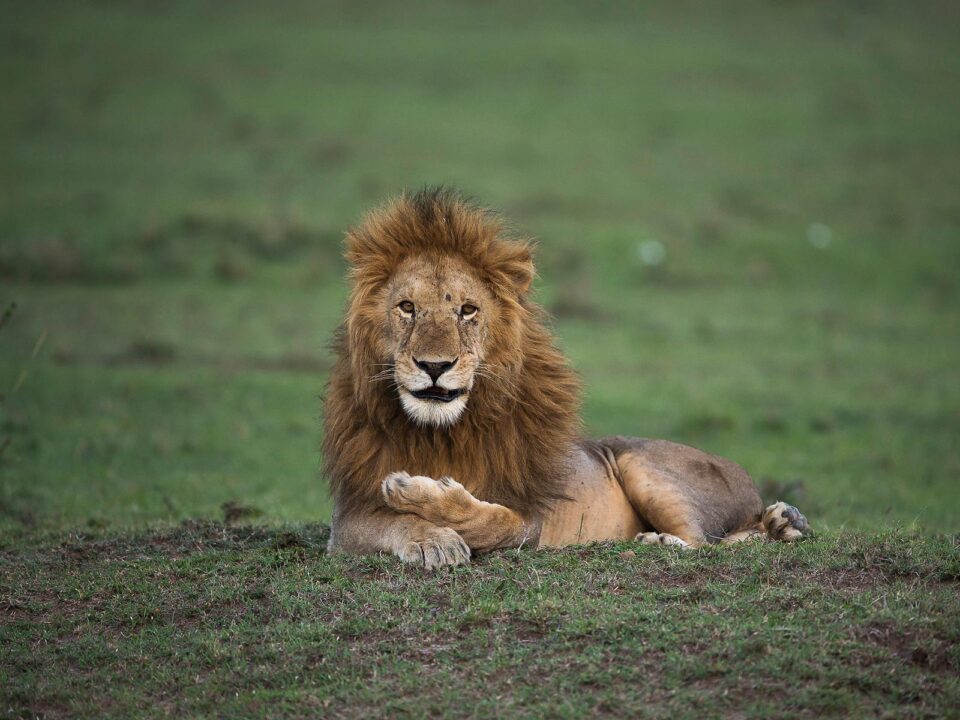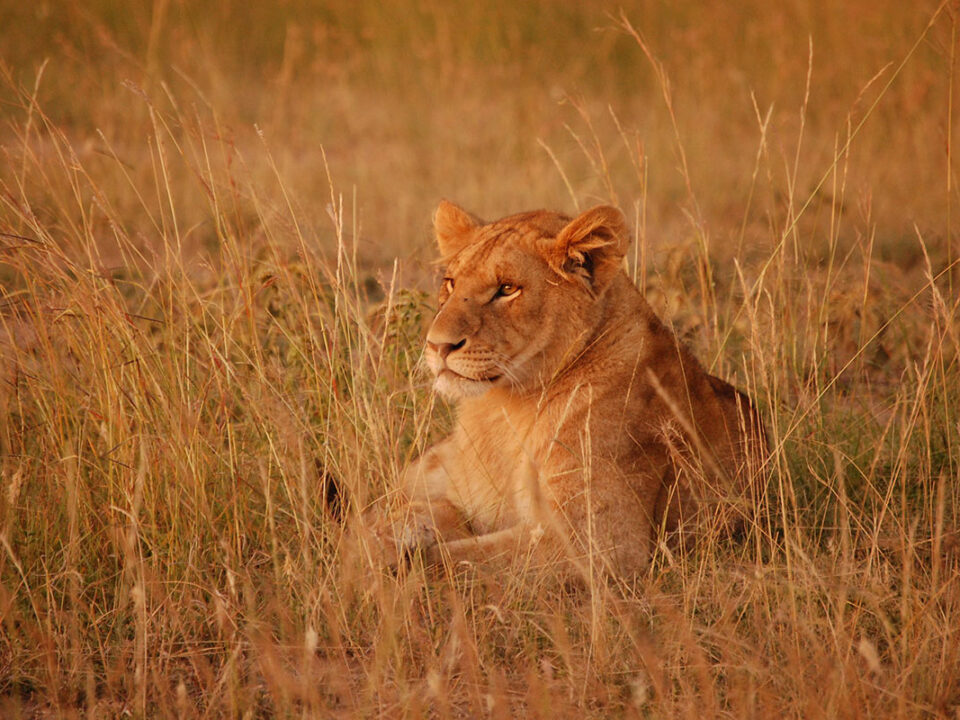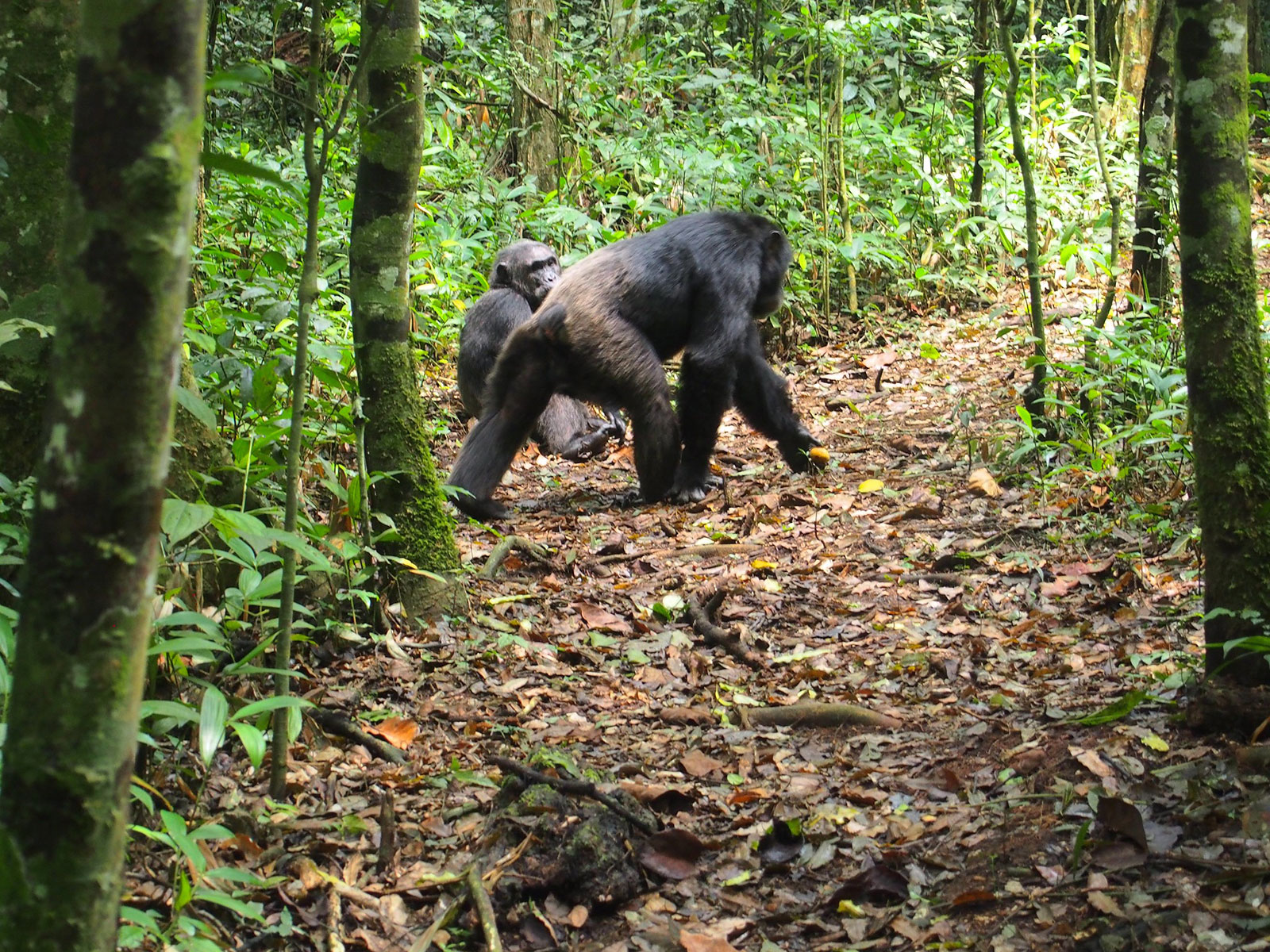
Reasons Why you Should visit Uganda
December 27, 2023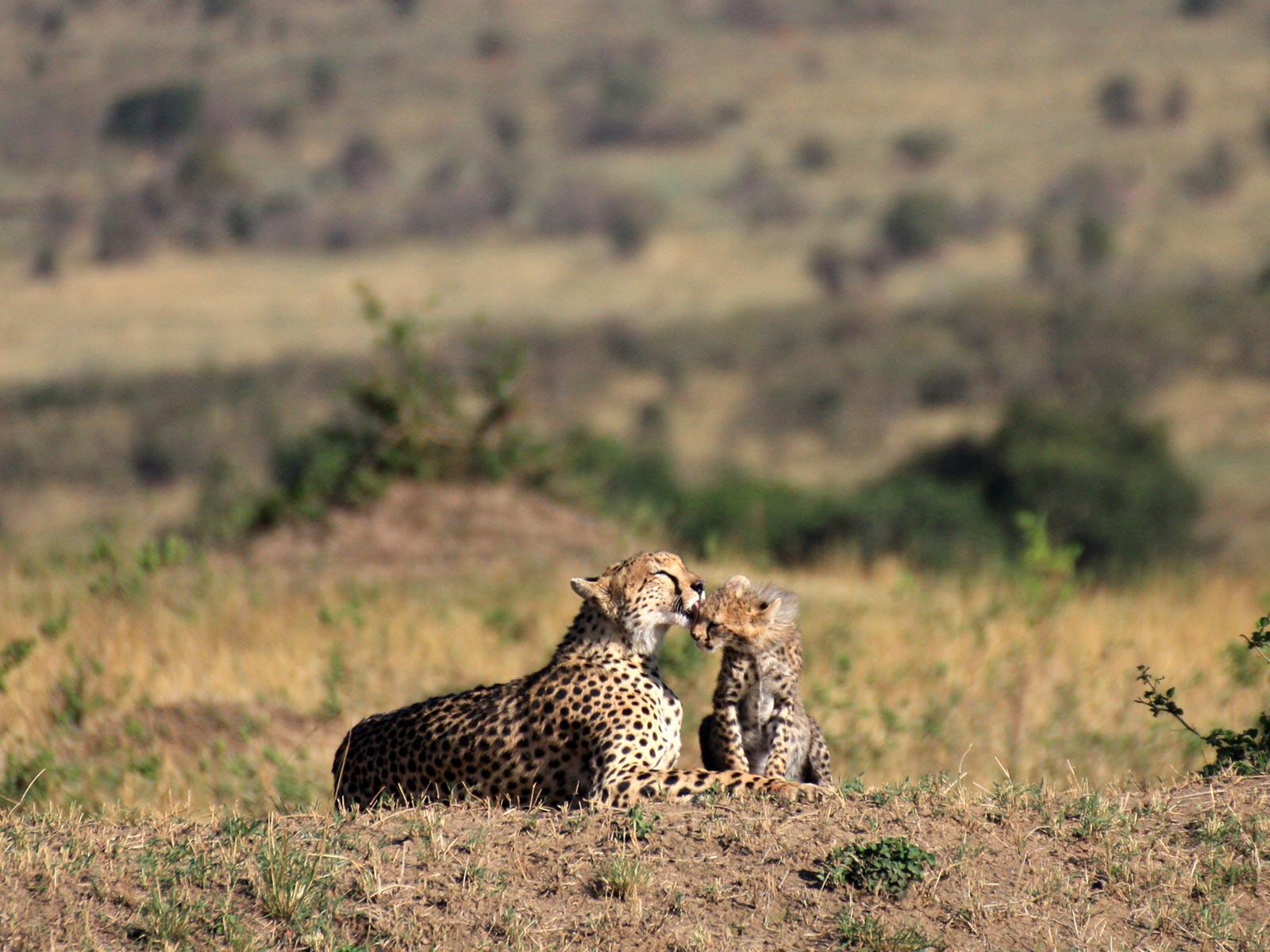
Family Safari in the Masai Mara
December 27, 2023Is Masai Mara safe for Tourists? — A Comprehensive Guide for Tourists
Is Masai Mara Safe for Tourists? – When venturing into a new destination, safety inevitably takes center stage in your considerations. As you plan your journey to Kenya’s Masai Mara, questions about the safety of your safari loom large. In this blog post, Trek Africa Expeditions aims to alleviate your concerns by delving into the crucial safety aspects that demand your attention during your visit to Masai Mara on your Kenyan holiday.
Is Masai Mara Safe for Tourists?
When it comes to the safety of Masai Mara National Reserve, the unequivocal answer is “yes.” The reserve is diligently protected by armed park rangers and strategically situated far from reported incidents of attacks. In reality, most of Kenya’s tourist destinations are considered safe, with the primary safety concern revolving around road safety due to factors like reckless driving and other road-related risks.
How Safe is Kenya’s Masai Mara?
Masai Mara stands out as one of the safest game reserves in Kenya, and several factors contribute to this status:
- Geographical Distance: The reserve is located significantly far from the potentially perilous parts of the country, particularly the northeastern region bordering Somalia. Masai Mara’s geographical positioning makes it one of the safest regions for visitors.
- Government Measures: The Kenyan government has implemented robust measures to ensure security around Masai Mara. Kenya Wildlife Services actively oversees the safety of the park, given its status as a major income generator for the country and the Mara region.
- Safety Regulations: The stringent safety rules and regulations established by Kenya Wildlife Services are designed to shield visitors from harm by wildlife. For instance, one key rule emphasizes the prohibition of leaving the vehicle while on game drives in the vast Mara plains.
Safari General Travel Safety Precautions
In evaluating the safety of Masai Mara for tourists, it’s essential to consider general travel safety precautions for African safaris. While organized tours, like those offered by Trek Africa Expeditions, prioritize your safety, it’s advisable to adhere to these guidelines:
- Acquire comprehensive travel and health insurance.
- Confirm passport and visa requirements for your destination.
- Complete all necessary vaccinations and obtain antimalarial medication and insect repellent.
- Secure your travel bags, and keep valuables in your hand luggage.
- Create duplicates of essential travel documents or maintain copies online.
- Dress appropriately to protect against the sun, mosquitoes, and ensure warmth during open vehicle game drives.
- Be mindful of luggage restrictions on all flights, including domestic ones.
- Avoid driving at night.
- Utilize safety deposit boxes in hotels for valuables.
- Exercise politeness and respect towards police officers and military personnel. In rare instances of potential bribery during self-drive safaris, a light-hearted approach may prove effective.
The Safest Way to Reach Masai Mara
When journeying to Masai Mara, the most secure mode of travel for tourists is by air. Approximately five daily flights connect to Mara, ensuring both convenience and safety. While the scenic 6-hour drive from Nairobi to Masai Mara offers breathtaking views, the 45-minute flight minimizes exposure to potential dangers.
The cost associated with flying to Mara may pose a challenge, as one-way flights can exceed $200. However, Trek Africa Expeditions addresses this by providing well-trained, professional drivers with defensive driving skills. The use of 4×4 land cruiser jeeps, tailored for the road conditions, enhances the basic security of travelers en route to Masai Mara.
Safety When Out on Game Drives
Considering that Masai Mara is home to wild animals capable of defensive or threatened reactions, observing safety precautions during game drives is imperative:
- Follow Your Guide’s Instructions: Always adhere to the instructions and guidelines provided by your safari guide.
- Maintain Respectful Behavior: Keep your voice down when near animals, and always treat them with respect.
- Stay Inside the Vehicle: During game drives, remain inside the safari vehicle unless at designated areas where exiting is allowed.
- Avoid Disturbing Animals: Refrain from driving too close to animals, especially if on a self-drive safari. Back off if the animals appear disturbed.
- Caution During Self-Drive Safaris: If engaging in self-drive safaris, never drive between elephants in a herd, particularly females and their young.
- Walking Safaris: When partaking in a walking safari, stay close to your guide, walk in single file, and adhere to group cohesion.
- Avoid Running or Jogging: Running in wildlife areas can attract predatory animals, leading to potential attacks.
- Caution Near Water: Refrain from walking between a hippo and water, as it may panic and charge if its route to the water is blocked.
- Campsite Safety: Never leave food in your tent, as it may attract wildlife.
- Personal Protection: Cover your arms and legs in the evening, use insect repellent, wear a hat, and use sunscreen.
- Appropriate Attire: Avoid wearing bright colors or excessive perfume, especially during walking safaris.
- Consider Tsetse-Fly Areas: In tsetse-fly zones, refrain from dark-colored clothing, as it attracts these stinging flies.
- Morning Game Drives: For morning game drives in open vehicles, bring warm clothing.
By meticulously adhering to these safety measures, visitors can savor the breathtaking beauty of Masai Mara while ensuring a secure and memorable safari experience.

